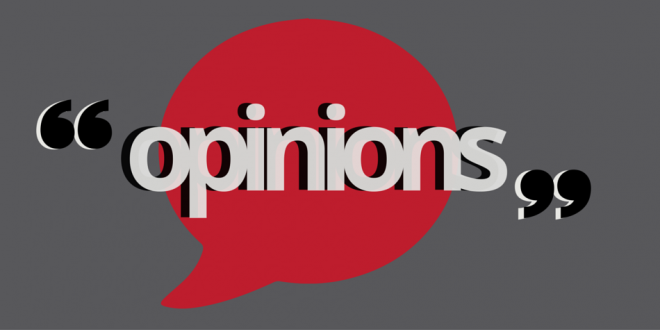The act of canceling a celebrity, politician or musician has become a staple for internet users in recent years. Someone with a large platform and high social standing makes a remark or performs an action that is met with public backlash, to which they will either apologize or stand by what they’ve done.
According to Pew Research Center, the idea that someone can be canceled is believed to come from the band Chic’s 1981 song “Your Love is Cancelled.” Nile Rodgers, the co-founder of Chic, wrote the song about a bad date he had gone on, and while the song was in no way a hit, its primary message was.
41 years since the song’s release, and the iconic term has now found its home in politics, entertainment and, you guessed it, online.
Canceling in its current use means holding someone accountable for whatever it was they said or did that was problematic. Sometimes, if the actions or words were bad enough, the person may lose a large portion of their following and social standing due to the backlash they experienced.
This has caused what is now known as “cancel culture,” which is defined by Merriam-Webster Dictionary as “the practice or tendency of engaging in mass canceling as a way of expressing disapproval and exerting social pressure.”
While the existence of cancel culture itself is a huge debate, the things that make it up are very much real, and they have a major effect on everyone, not just big-name politicians and reality stars.
Debates between strangers flood social media these days. The ability for anyone to go viral on all social media platforms is also common.
This is where cancel culture, or at least the ideas attributed to it, becomes harmful.
Online bullying is a huge problem in society today, and these debates between strangers leave a wide space for it.
Harmful threats, invasions of privacy and telling someone to harm themselves are three common themes in these arguments. It’s like every time you open Twitter during a major online argument, someone is being doxed or threatened, physically or mentally, often with no response from the celebrity they are for or against.
According to the Centers for Disease Control (CDC), suicide is the second leading cause of death for people between the ages of 10 and 24, accounting for 19.7% of total deaths in 2019. Homicide is the third, accounting for 15.1% of the total deaths that same year.
The idea that defending or opposing a celebrity can lead to these things is a major part of why cancel culture is not only dangerous for the person being canceled, but for the general public. In fact, the general public is at more risk than the celebrity themselves.
These days, a random fast-food worker from the middle of nowhere who posted a problematic TikTok is as much at risk as a big-name celebrity who did the same thing. In fact, they are probably at more risk.
Big names have bodyguards and security to protect them. Every day people do not.
That block button only goes so far in the vast sea of social media, and whether you believe it exists or not, we have the idea of cancel culture to thank for that.
Written by Bailey Storey, Photo Editor.
 The Spectator The independent student newspaper of Valdosta State University
The Spectator The independent student newspaper of Valdosta State University







